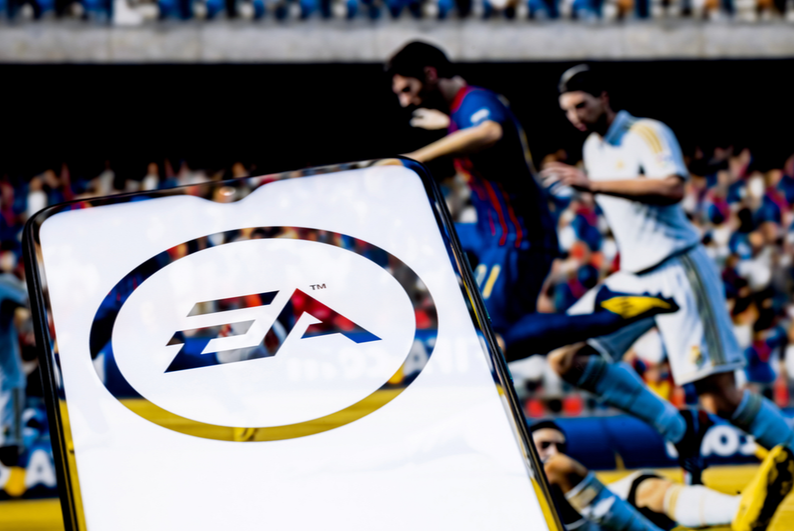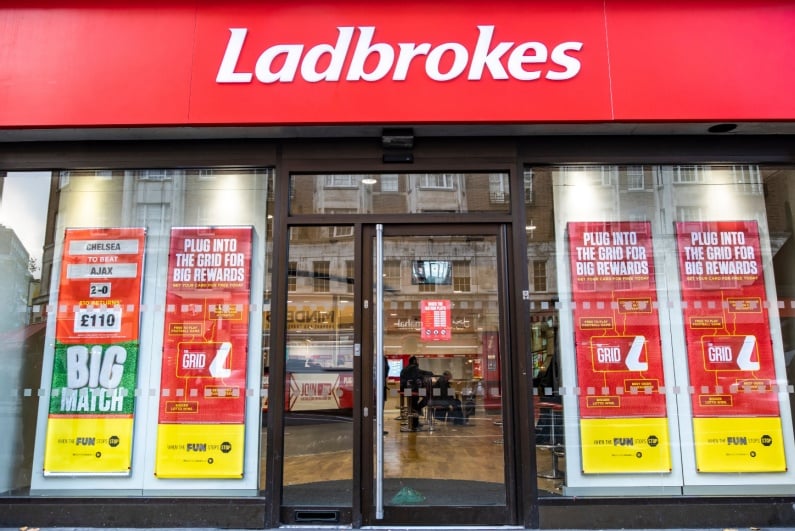A lucky break for EA
Loot boxes in video games have remained a contentious issue for some time, with opponents likening them to gambling. Electronic Arts (EA) has taken the brunt of criticism having offered loot boxes in its most popular games since 2008, but the developer has just caught a break in the Netherlands.
In 2020, the Hague court ruled that EA had broken Dutch gambling law by offering FIFA Ultimate Team packs, issuing a fine of €10m ($10.9m) for the offense. The Dutch Administrative Jurisdiction Division (DAJD) overruled that judgment on Wednesday, however, meaning the developer will not have to pay the penalty over the soccer video game.
the vast majority of packs are obtained and used for game participation.”
Providing its reasons for the decision in an official statement, the DAJD said the Ultimate Team packs are part of a wider “game of skill,” adding that “the vast majority of packs are obtained and used for game participation.” In this sense, it ruled they are not games of chance and do not require a license.
Meanwhile, the court described trading of the packs on the black market as “relative.” It ruled that this mainly included the trading of whole accounts rather than individual pack contents.
The sigh of relief
As per the initial Hague ruling in 2020, EA had three weeks from the date of the judgment to make relevant changes to its FIFA 19, FIFA 20, and FIFA 21 game packs. Otherwise, it faced weekly fines amounting to €250,000 ($274,745) for both EA and EA Swiss Sàrl, up to a total of €10m ($10.9m).
Shortly after it received that ruling, EA announced that it intended to appeal. The company expressed disappointment at the decision, arguing that it would have a negative effect on its Dutch playing community.
no aspect of FIFA or FIFA Ultimate Team can be considered gambling”
As reported by Eurogamer on Wednesday this week, EA sports has now welcomed the new ruling by the DAJD. “Today’s decision confirms our belief that no aspect of FIFA or FIFA Ultimate Team can be considered gambling under Dutch law,” a company statement read.
The California-based game developer outlined its game design priorities as “choice, fun, fairness, and value.” It affirmed that it has always aimed to ensure players in the Netherlands and elsewhere “have a positive experience.”
Not the only issue
Although it has avoided punishment in the Netherlands, EA is facing similar controversy elsewhere due to its loot boxes.
In Canada, game players from Ontario and British Columbia filed a class-action lawsuit against EA in October 2020. The plaintiffs purchased loot boxes in EA’s NHL snd Madden NFL games. Claiming that the packs constitute an “unlicensed, illegal gaming system,” the plaintiffs are seeking repayment of the money spent on the loot boxes and similar in-game purchases.




